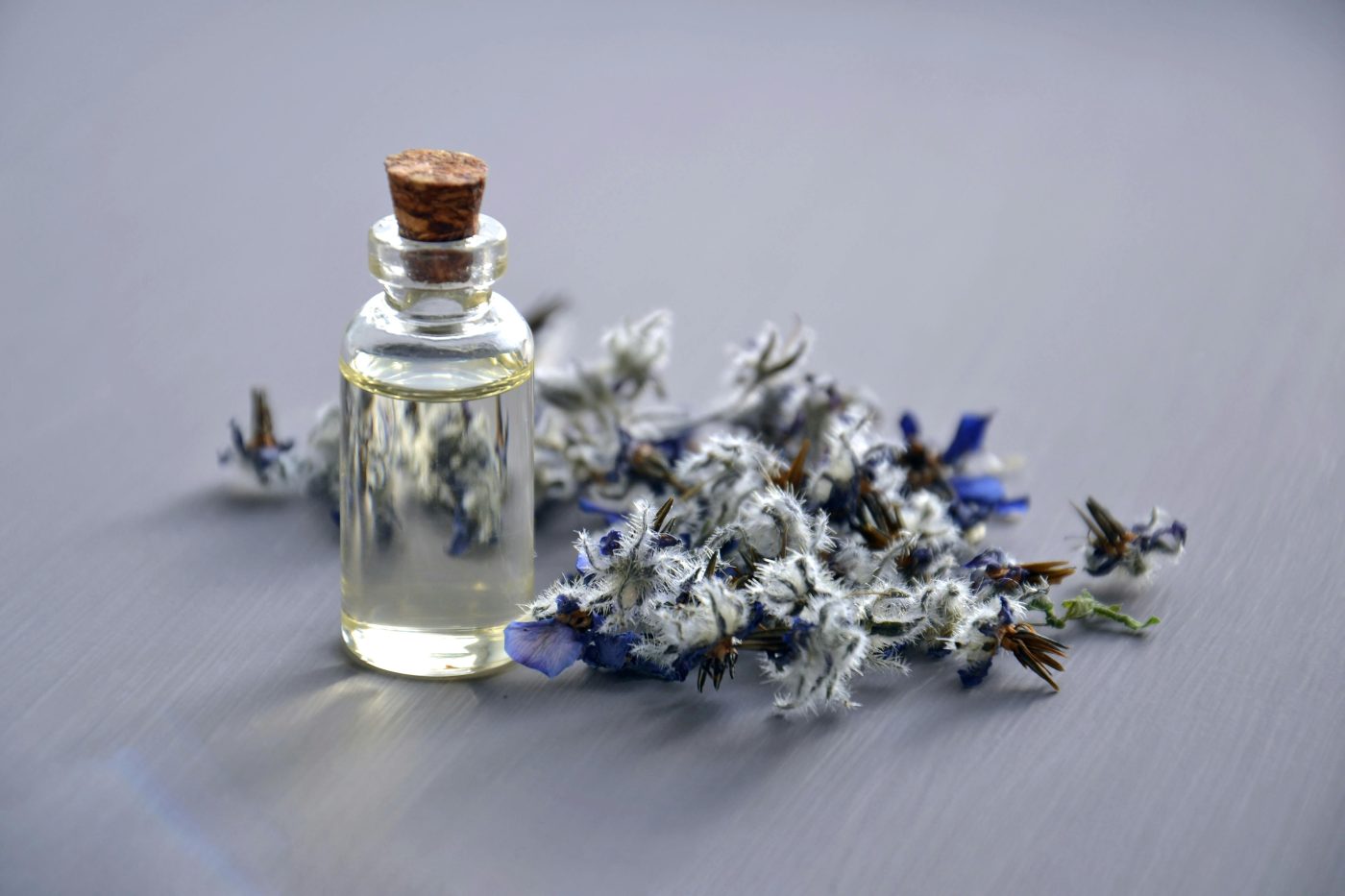
Aromatherapy With Essential Oils
Overview
- Aromatherapy is the use of essential oils from plants (flowers, herbs, or trees) as therapy to improve physical, mental, and spiritual well-being (see Question 1).
- Aromatherapy may be used with other complementary treatments, such as massage or acupuncture, as well as with standard medical treatments to manage symptoms caused by cancer or cancer treatment (see Question 1).
- Essential oils are most often used by inhaling them or by applying a diluted form of them to the skin (see Question 2).
- Aromatherapy research with cancer patients has studied the effect of essential oils on anxiety, nausea, vomiting, and other health-related conditions (see Question 4).
- Safety testing on essential oils has found very few side effects. Lavender and tea tree essential oils have been found to have some hormone-like effects (see Question 5).
- Aromatherapy products do not need approval by the U.S. Food and Drug Administration (FDA) (see Question 6).
Have any side effects or risks been reported from aromatherapy?
Safety testing on essential oils shows very few side effects or risks when they are used as directed. Most essential oils have been approved as ingredients in food and fragrances and are labeled as GRAS (generally recognized as safe) by the U.S. Food and Drug Administration (FDA). Swallowing large amounts of essential oils is not recommended.
Allergic reactions and skin irritation may occur when essential oils are in contact with the skin for long periods of time. Sun sensitivity may occur when citrus or other essential oils are applied to the skin before going out in the sun.
Lavender and tea tree essential oils have been found to have effects similar to estrogen (female sex hormone) and also block or decrease the effect of androgens (male sex hormones). Applying lavender and tea tree essential oils to the skin over a long period of time was linked in one study to breast growth in boys who had not yet reached puberty.
Is aromatherapy approved by the FDA for use as a cancer treatment in the United States?
Aromatherapy products do not need FDA approval.
Aromatherapy is not regulated by state law, and there is no licensing required to practice aromatherapy in the United States. Practitioners often combine aromatherapy training with another field in which they are licensed, for example, massage therapy, nursing, acupuncture, or naturopathy.
The National Association for Holistic Aromatherapy (www.naha.org) and the Alliance of International Aromatherapists (www.alliance-aromatherapists.org) are two organizations that have national educational standards for aromatherapists. A list of schools that offer certificate programs approved by NAHA can be found at https://naha.org/index.php/education/approved-schools/.
The Canadian Federation of Aromatherapists (www.cfacanada.com) certifies aromatherapists in Canada. For a list of international aromatherapy programs, see the International Federation of Aromatherapists website (www.ifaroma.org/).
Purpose of This Summary
This PDQ cancer information summary has current information about the use of aromatherapy with essential oils in the treatment of people with cancer. It is meant to inform and help patients, families, and caregivers. It does not give formal guidelines or recommendations for making decisions about health care.
Syndicated Content Details:
Source URL: https://www.cancer.gov/node/6180/syndication
Source Agency: National Cancer Institute (NCI)



